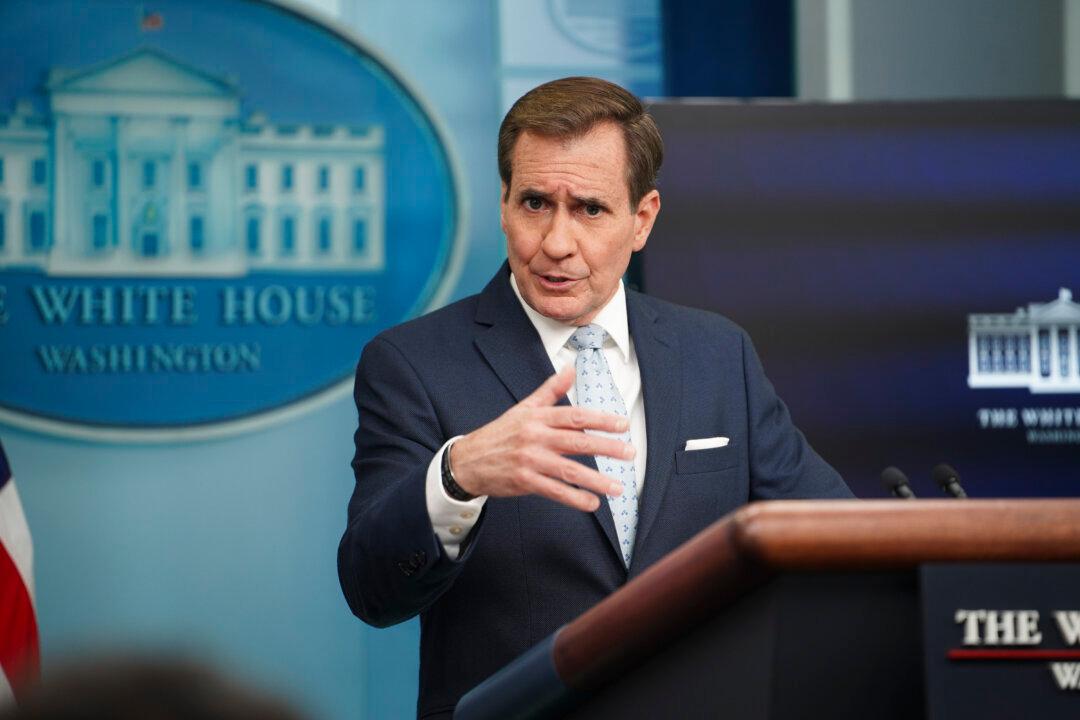Beijing’s economic coercion is a topic that frequently comes up in conversations between the United States and its Asian allies, such as Japan and South Korea, according to a top White House national security official.
“I don’t know of too many conversations we’ve had with our Korean and Japanese counterparts where in some forms or fashion Chinese economic bullying practices don’t come up,” John Kirby, the National Security Council’s coordinator for strategic communications, told reporters in a Dec. 7 press conference.





